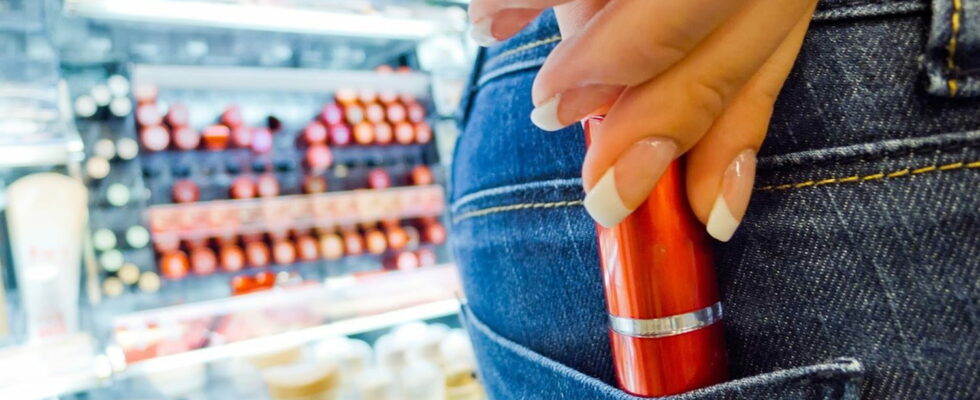Faced with the increase in store theft, a French company has developed software capable of detecting thieves in real time using AI. But as effective as it is, this system poses a legality problem.
For traders and retailers, shoplifting is a real scourge: according to figures from the Ministry of the Interior, it will have increased by 14% between 2021 and 2022 in France. And the situation is not improving, especially with the rise in prices. Indeed, inflation is one of the causes of the increase in theft, particularly in the food sector.
To counter this scourge, there are many solutions, such as installing anti-theft devices and surveillance cameras, or even recruiting security agents. But these techniques are not always effective, as evidenced by the increase in thefts. Result: every year, French distributors lose more than 10 billion euros due to theft and security expenses.
Faced with this growing challenge, some stores have opted for artificial intelligence to protect themselves from theft and its financial consequences. This is where Veesion comes in, a company that markets software for detecting “suspicious behavior in real time” thanks to artificial intelligence. The latter is installed on boxes added to the video surveillance device of the store concerned.
The company presents its software as the “first intelligent gesture detection solution”. Concretely, powerful algorithms will detect specific actions, such as placing a product in a bag or jacket, which are likely to indicate theft. When such a gesture is detected, a short five-second video is sent to employees or the security team, who will then decide what action to take. This is called algorithmic surveillance.
Of course, there are false alerts, often linked to trivial actions like putting your phone in a bag. This is why the latest update allows you to customize the gestures to be detected so that they perfectly match your store. For example, if customers have to use their own bag to carry their items, there is no need to consider this a suspicious action.
But is it legal? Because algorithmic video surveillance raises many issues, particularly regarding respect for the privacy of users and the exploitation of data. Of course, Veesion denies using any facial recognition or individual tracking technology. The company assures that it does not seek to identify customers or track their movements, but only to recognize risky behavior in the commercial area.
However, the CNIL, the digital policeman, ruled last June that the technology does not comply with the General Data Protection Regulation (GDPR). In particular, it does not meet the conditions of the law of May 19, 2023 which authorizes, on an experimental basis, the algorithmic processing of images collected by means of video surveillance systems.
But things could change since the Prime Minister has already announced his intention to generalize algorithmic video surveillance after its experiment during the Paris Olympic Games. The Ministry of the Interior is therefore currently examining ways to bring the use of algorithmic video surveillance into common law.
